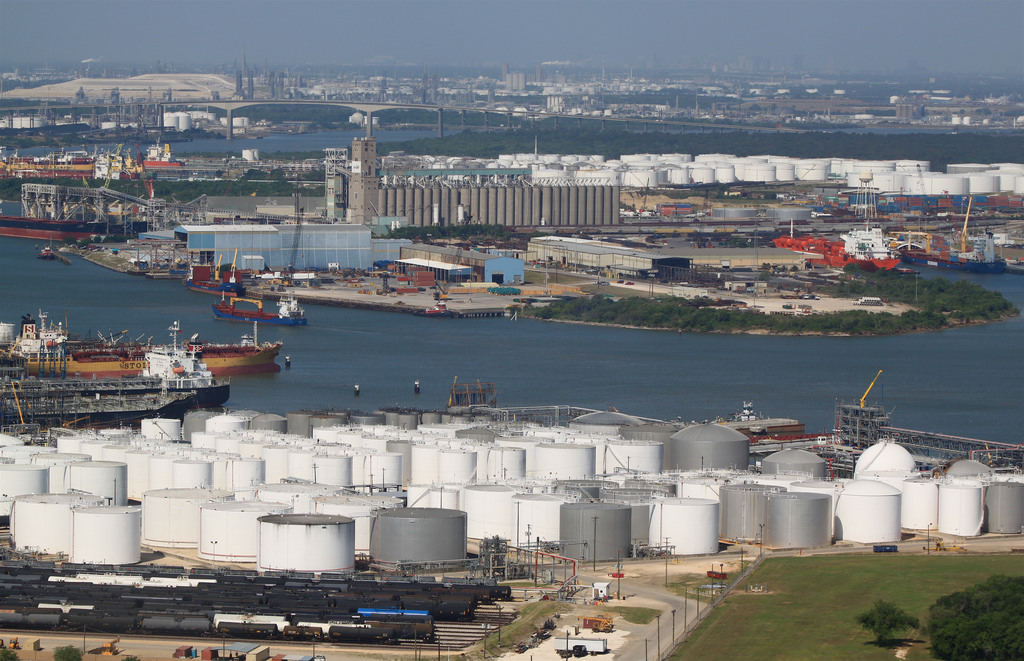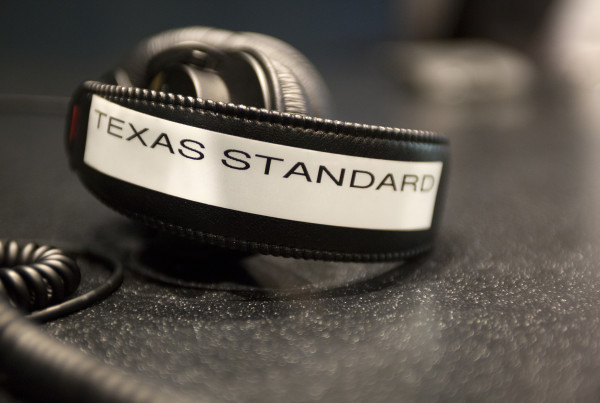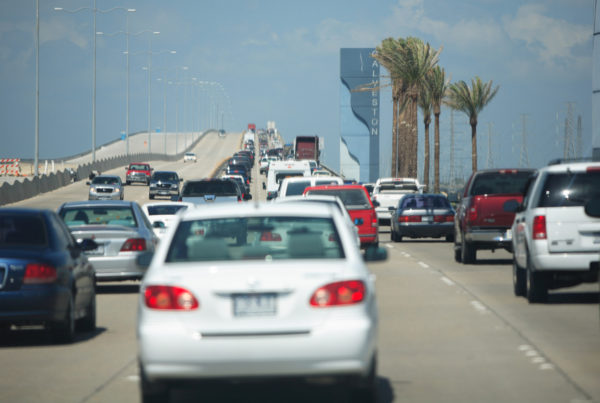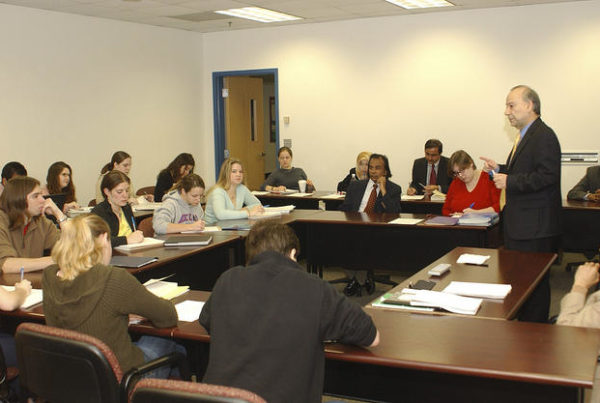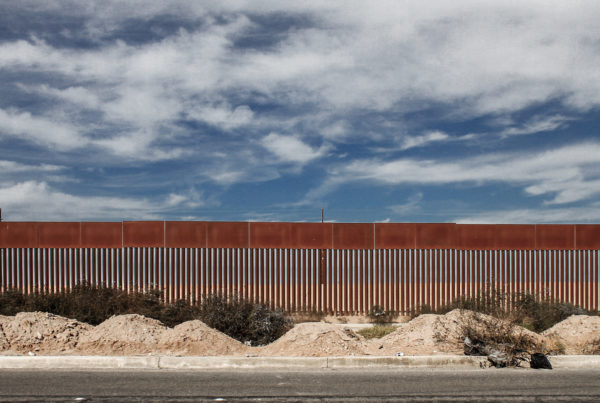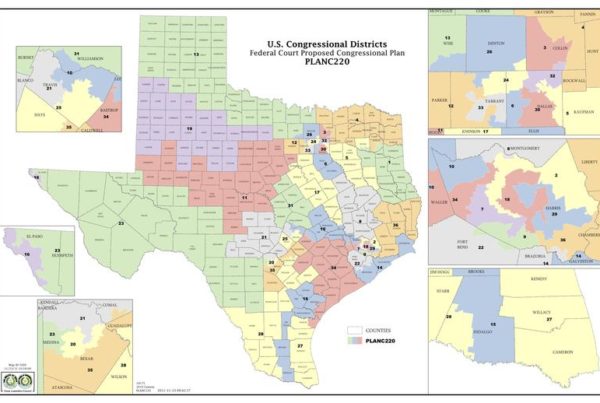Texas Standard gathered reporting from around the state on the current and potential impact of Hurricane Harvey on Texas businesses and the state’s economy.
Volunteers from around Texas stand ready to lift a hand when Hurricane Harvey makes landfalls on the Texas coast. But Texas Public Radio’s Ryan Poppe reports that others are eyeing the wallets of those caught in the storm:
The Texas Attorney General’s Office is urging people in the designated disaster areas to be on the lookout for price gauging.
Paul Singer, with the Attorney General’s Consumer Protection division, says there is a statute in place meant to protect consumers.
“It is illegal price gauging when items that are necessities — so things like fuel, food, medicine — those types of items, are sold at an exorbitant or excessive price,” he says.
But, Singer adds that regulations on price gauging only apply in the disaster areas designated by the governor.


